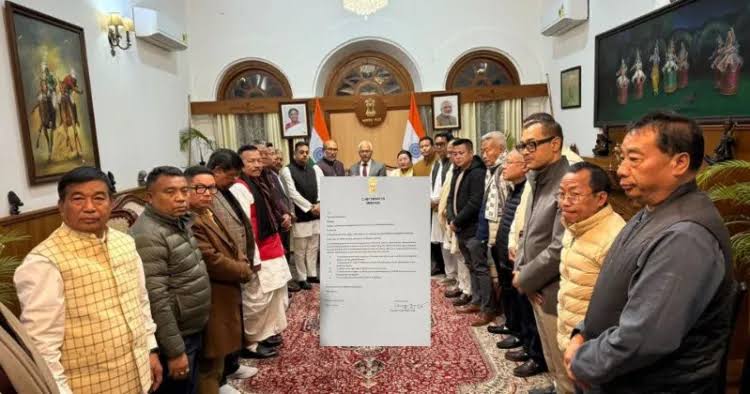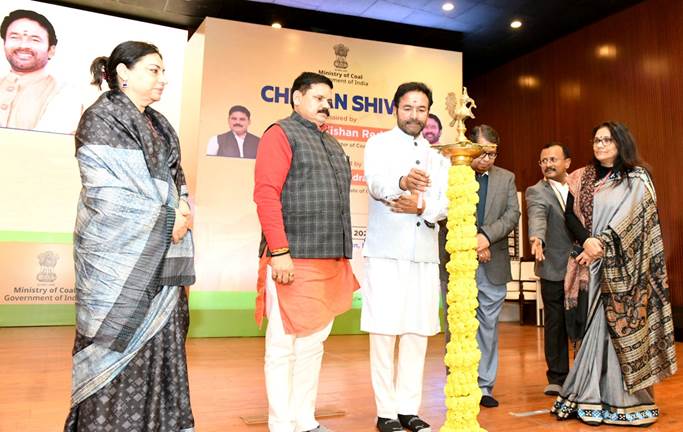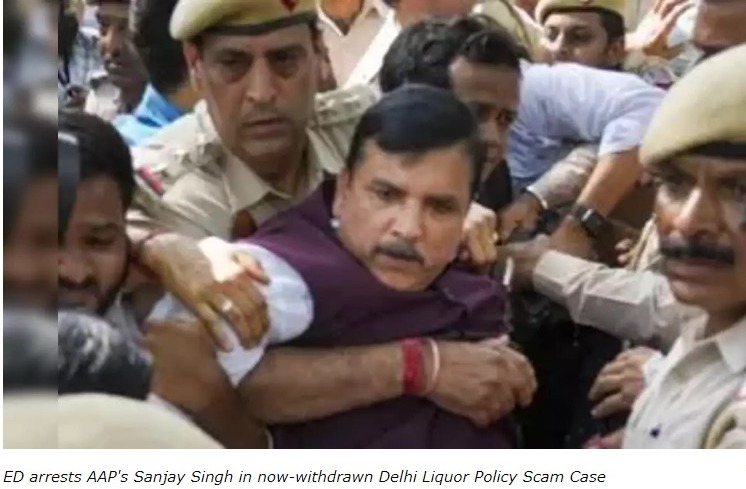Hours after N Biren Singh stepped down as Manipur’s Chief Minister, the political landscape in the state took another dramatic turn as the Governor issued a late-night notification canceling the scheduled Assembly session. This sudden move has intensified speculation and political maneuvering, with the opposition Congress quick to claim credit for forcing Biren’s resignation.
 Biren’s departure came at a critical juncture, as the ruling BJP government was preparing to face a tough Assembly session. With mounting dissent within the party ranks and growing criticism over his handling of the prolonged crisis in Manipur, his resignation was seen by many as inevitable. The crisis, which has left deep scars on the state’s social fabric, has been a major point of contention, with both the BJP and opposition parties struggling to provide a clear roadmap for peace and stability.
Biren’s departure came at a critical juncture, as the ruling BJP government was preparing to face a tough Assembly session. With mounting dissent within the party ranks and growing criticism over his handling of the prolonged crisis in Manipur, his resignation was seen by many as inevitable. The crisis, which has left deep scars on the state’s social fabric, has been a major point of contention, with both the BJP and opposition parties struggling to provide a clear roadmap for peace and stability.
Shortly after Biren’s resignation, senior Congress leader Jairam Ramesh took to social media to assert that his party had been planning to introduce a no-confidence motion against the Chief Minister. According to him, the pressure from the Congress forced Biren to step down before the Assembly session could take place. He also criticized Prime Minister Narendra Modi for his absence from Manipur over the past twenty months, despite the ongoing turmoil. The opposition’s stance underscores the deep frustration among many in Manipur who feel that their suffering has not been given due attention by the central leadership.
The unrest within the BJP has been evident for some time, with several party MLAs openly expressing their dissatisfaction with Biren’s leadership. Many legislators from the valley region, where the Meitei community holds a majority, have been vocal about the government’s failure to restore peace and normalcy. Their frustration has only grown as the state leadership and the central government continued to emphasize issues like border security and drug control, rather than addressing the core concerns of the people. Some BJP MLAs even warned that if a change did not come before the Assembly session, they would be compelled to take drastic action within the House.
In recent months, discontent among BJP members had been building, with more than two-thirds of the party’s MLAs reportedly unhappy with the Chief Minister’s handling of the crisis. Many believed that Biren’s leadership had become a liability for the party, making his removal a necessity. The Governor’s abrupt decision to cancel the Assembly session has only added to the uncertainty, with political observers speculating on whether the BJP is attempting to regroup before announcing a successor.
For the people of Manipur, the resignation of their Chief Minister marks yet another chapter in a long period of instability. While some see his departure as a necessary step toward change, others remain skeptical about whether a new leader will bring tangible improvements. The need for peace, stability, and a clear vision for Manipur’s future remains paramount, but as the political battle continues, ordinary citizens are left hoping that their voices will not be drowned out in the noise of power struggles.




